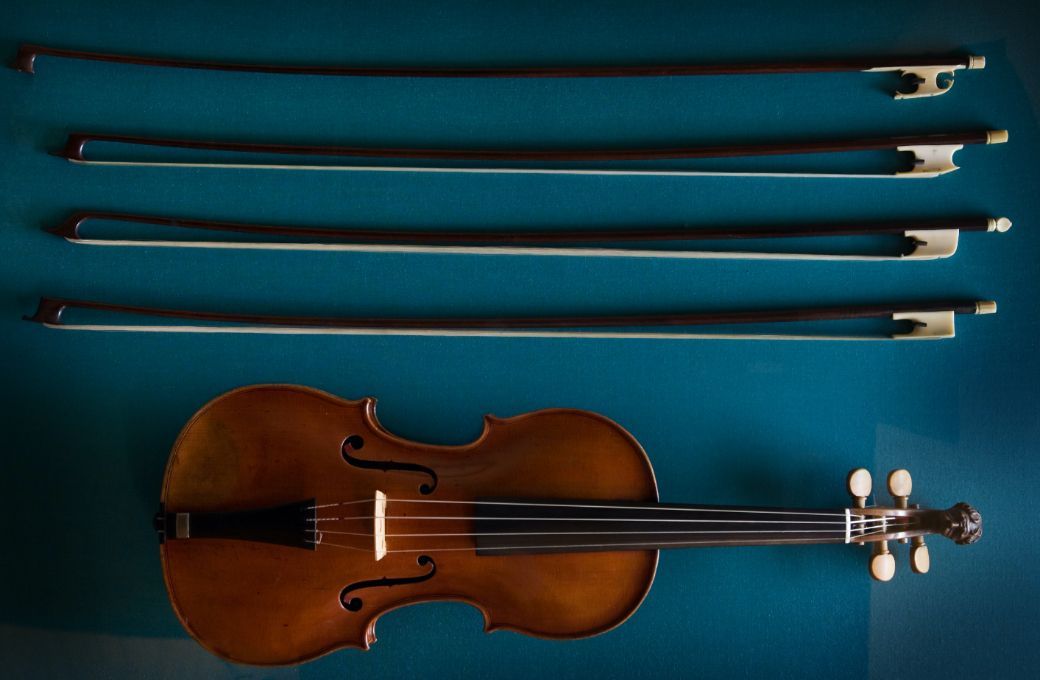A new submission by Brazil to upgrade the protection of endangered tree Paubrasilia, also known as pernambuco or brazilwood, could have significant ramifications for bowmakers and string players around the world.

Used to construct bows for more than 200 years, the wood is still used for bow construction today, despite the species’ critical endangerment. The national tree of Brazil, the species only grows in small areas of Brazil’s Atlantic coast – and is also the origin of the country’s name.
Since 2007, the species has been listed under Appendix II of Convention on International Trade in Endangered Species (CITES), which provides some regulation on the international circulation of the wood.
However, Brazilian authorities wish to upgrade its protection to Appendix I level – meaning that buying and selling of new and existing pernambuco bows would be banned. Musicians travelling across borders would also require a Musical Instrument Certificate or CITES Permit to take a pernambuco bow abroad, and prove ownership.
Brazilian authorities assert that such an upgrade is the only way to reduce the international demand for the wood. They estimate that the majority of pernambuco bows and bow blanks sold over the past 25 years came from illegal sources, concealed through fraudulent reports and “wood laundering”.
In 2018, Brazil launched Operation Dó-Ré-Mi aiming to combat illegal trading of endangered timber species. Agents seized more than 292,000 bow blanks and bows deemed illegal.
Brazil does not permit the species to be extracted from its native habitat – yet this has not stopped exploitation of the wood. Since 2002, more than 1,000 large illegally felled logs have been confiscated, typically of centuries-old trees taken from national parks.
Meanwhile, there are no large-scale commercial plantations. Only small-scale plantations and conservation efforts exist, such as those led by the International Pernambuco Conservation Initiative (IPCI), a group which represents bowmakers internationally. However, wood from these plantations is not yet being commercially traded.
The IPCI is strongly opposed to upgrading the protection of pernambuco, stating that it would pose an existential risk to bowmaking in Brazil and elsewhere. Pernambuco bows, unable to be traded, would lose their value, and musicians owning such bows would face significant administrative burdens when crossing borders.
But with no consensus on whether artificially planted brazilwood is even suitable for bowmaking – and continuing illegal exploitation of naturally occurring trees in conservation areas – authorities are left in a bind.
“It is more profitable to sell our wood than to sell cocaine. It is an absurd profit and a much lower risk,” said the Federal Police superintendent in Espírito Santo, the centre of Brazil’s bow manufacturing industry.
The decision on whether to upgrade brazilwood to Appendix I protection will be made at the CITES conference in Samarkand, Uzbekistan, in November 2025.


